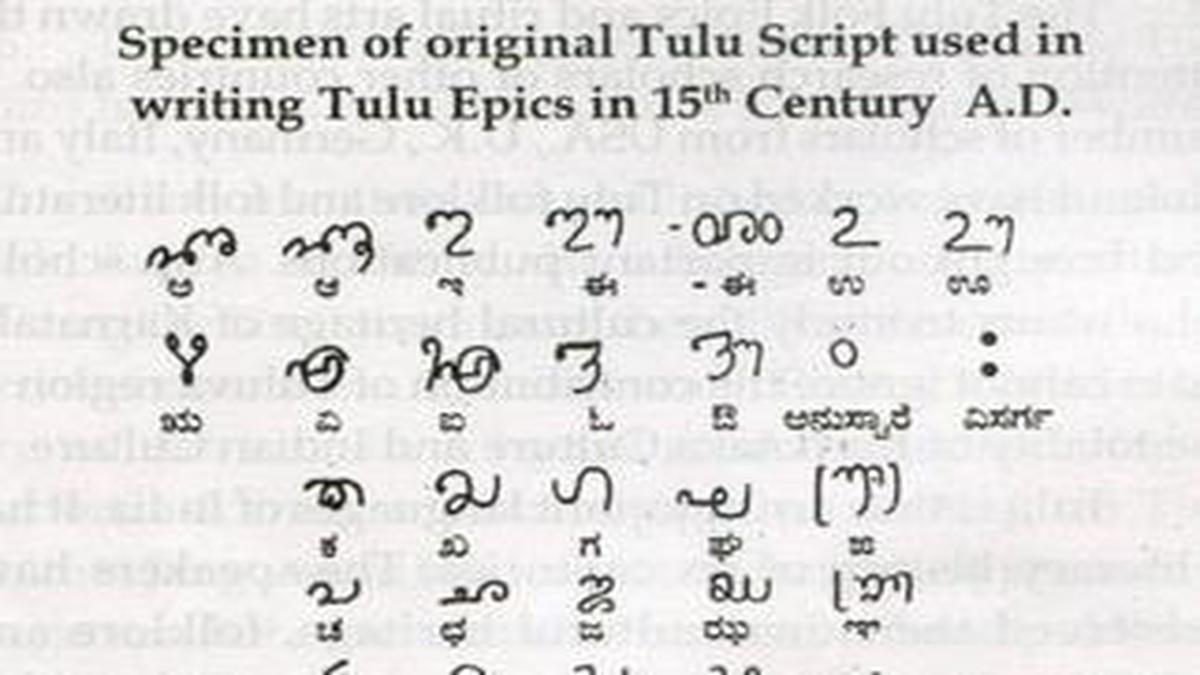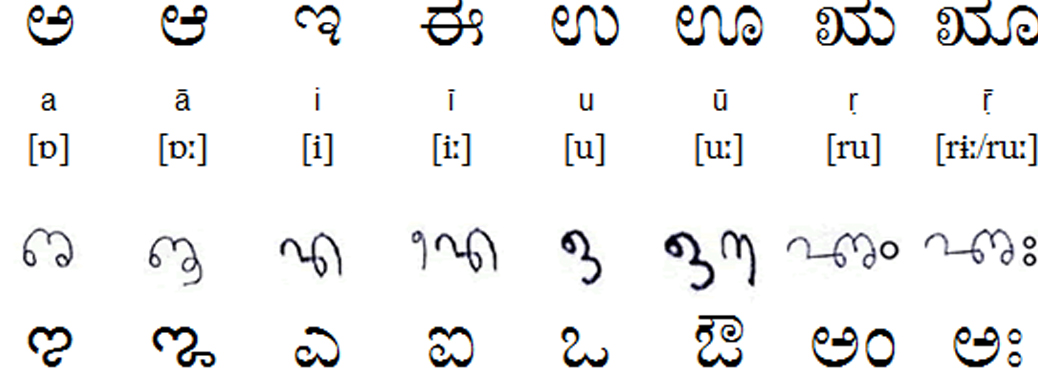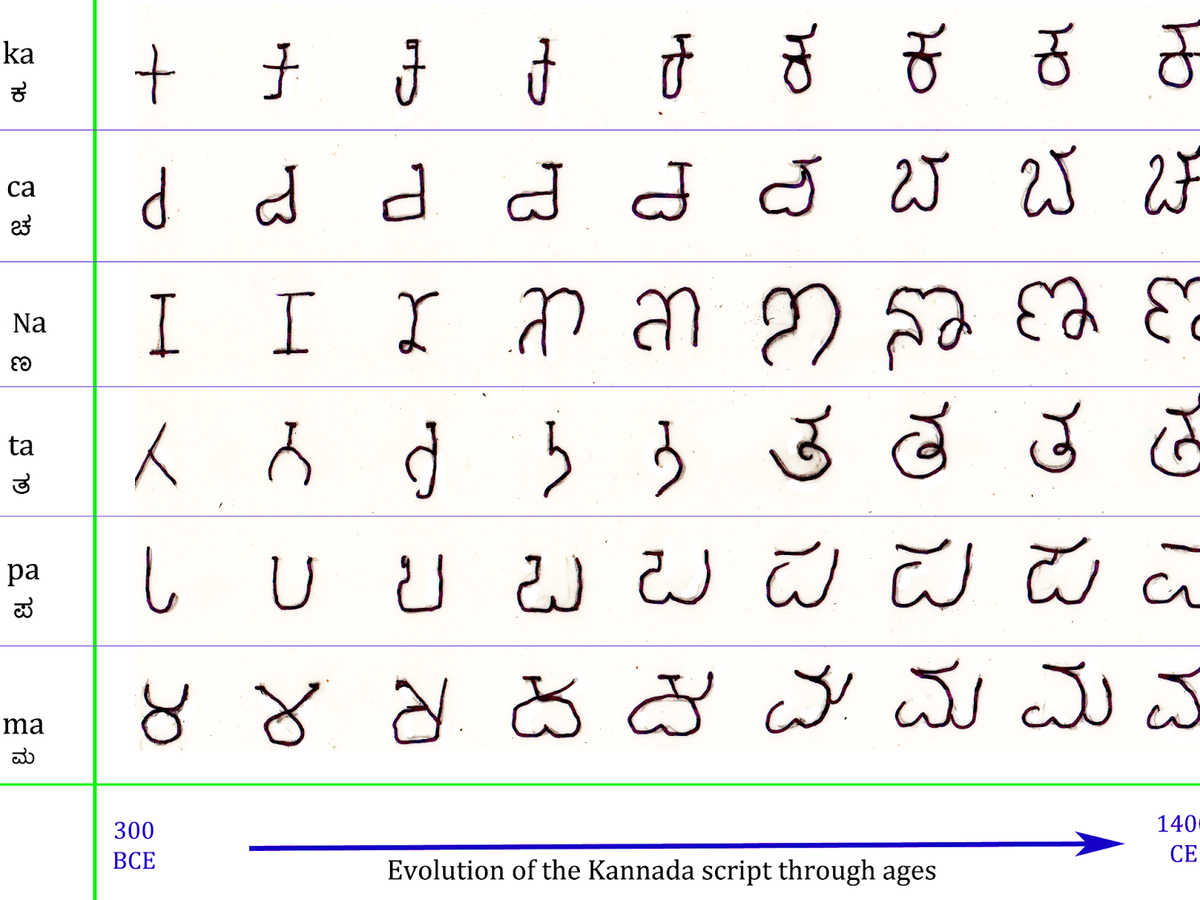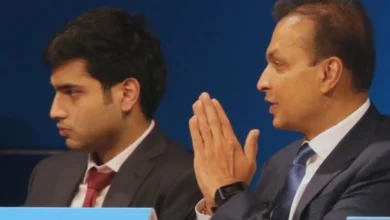
Nelson Mandela has rightly said, ‘If you talk to a man in a language he understands, that goes to his head. If you talk to a man in his language it goes straight to his heart’. Forcing someone to leave their mother tongue can lead to rebellion like that of Alsace and Florence, history is full of anecdotes that share this sentiment.
The same happened in Karnataka and Kerala when various organisations initiated a hashtag on Twitter, demanding an official language status to Tulu language. Around 2.5 lakh people tweeted in support of the campaign.
What is Tulu’s history and who are the speakers?
Tulu is a Dravidian language that is spoken mainly by people on the border of Kerala and Karnataka. these areas include Dakshina Kannada and Udupi of Karnataka and Kasargod of Kerala. As per the 2011 census, there are a total of 18,46,427 Tulu speaking people in India. Many native speakers are found residing in areas like gulf countries, English speaking countries, Bangalore, Maharashtra and Chennai.
Tulu had its script in the 15th century but in modern times the language is written using Kannada script. It’s a language known for its vast oral traditions and literature. Language experts suggest that it is one of the earliest Dravidian languages with a history of 200 years. Robert Caldwell in his book ‘A comparative grammar of Dravidian or South Indian family of languages’ mentioned Tulu saying it had the most advanced grammar and vocabulary.
What is demanded by the Tulu speakers?
Speakers from Karnataka – Kerala border region are demanding an official language status for the language. They want it to be included in the eighth schedule of the Constitution which consists of the list of official languages of the Republic of India. Presently it has 22 languages Assamese, Gujarati, Hindi, Kannada, Kashmiri, Bengali, Konkani, Malayalam, Manipuri, Marathi, Nepali, Oriya, Punjabi, Sanskrit, Sindhi, Tamil, Telugu, Urdu, Bodo, Santhali, Maithili and Dogri under it.
What are the criteria for official language status?
Article 345 of the Indian Constitution provides recognition by Constitution as an official language of India. The language adopted by law, by a state legislature can be deemed as an official language of that state. According to article 346 and 347 of the Indian constitution, any state legislature by passing a law can adopt one or more languages as an official language of the state.
After the commencement of the constitution, English was used as an official language for 15 years until 1960. If a language is spoken by a minority, the President of India appoints a special officer for linguistic minorities who investigates matters associating with sheltering the language.
To look into issues related to linguistic and religious minorities national commission for religious and linguistic minorities also known as the Ranganath Mishra Commission was established by the government in 2004. The commission has to suggest ideas for the identification of economically and socially backward sections in religious and linguistic minorities. The commission had to suggest welfare measures along with reasonable constitutional, legal and bureaucratic techniques.
What is the present status of the Tulu language?
The present status is that of a minority language. According to Karnataka Tulu Sahitya Academy, Tulu speaking people are confined to the border regions of Karnataka and Kerala, which is formally known as Tulu Nadu. Efforts are being made so that the language is recognised by the Sahitya Academy and included in the eighth schedule of the Indian Constitution.
A proper definition as to what defines minority language is not in existence yet but Santhali, Bodo etc are spoken by minorities and are not an official language of any state. The Constitution of India provides fundamental rights to linguistic minorities and helps in preserving their culture.
Who is supporting this campaign?
This campaign is being supported by Dakshina Kannada MP and BJP Karnataka president Nalin Kumar Kateel. He said that apart from efforts being made, few technical issues need to be sorted out. They have promised that they will make it an official language in their tenure.
Statements are coming in from various people on the post, like the district in-charge minister of Dakshina Kannada saying Tulu defines culture and tradition along with history. Apart from politicians, Kannada film stars and native speakers are also coming forward like Rakshit Shetty and Prithvi Ambaar.
Where does Tulu stand in education?
To increase speakers, the Karnataka government initiated Tulu as a third language in schools a few years, ago according to the data by the education department. Around 1000 students from Dakshina Kannada and Udupi mentioned it as a third language in 2020 in the class 10th exam. This figure was 18 in 2015. Multiple campaigns have been raised demanding education in the Tulu language and inclusion in the national education policy NEP.
Demand for Tulu Nadu?
Political party Tuluvere Paksha is recognised by the election commission of India in 2021 under section 29 a of the representation of people act 1951. This recognition has given hopes to Tulu speaking population regarding Tulu Nadu.
Tuluvere Paksha central committee president Shailesh R J said that people who speak in Kannada, Telugu and Tamil are given separate states whereas Tulu speaking population is divided into Kerala and Karnataka. Minority languages like Santhali and Bodo are included in the VIII schedule even when they are not an official language of any state, the same treatment should be given to Tulu speaking people.
Is there any resistance against the centre because of language?
Regional aspirations of people based on language were fulfilled by the creation of separate states like Andhra Pradesh. The contribution of Potti Siramulu is commendable which made Andhra Pradesh the first state made on linguistic grounds.
The people of Tamil Nadu wanted a separate Dravid Nadu for a long which was also partially based on language led by CN Annadurai and EV Ramaswamy Naicker. There have been many anti-Hindi campaigns initiated by people of southern states who wanted a separate state on a linguistic basis.
Nagaland is also demanding a separate Nagalim, this campaign is backed by NSCN Khaplang.
People speak different languages and hence they are Kannada or Marathi before certain states like Maharashtra Karnataka or Andhra Pradesh were created, hence languages cannot be taken away from them. Multiple languages pose a problem of their own like a hindrance in communication and understanding, feeling of oneness, but a diverse nation like India cannot have a single language. If a language loses its presenceet in daily interactions, the way of life connected to that language also vanishes.
What about Art and culture attached to the Tulu language?
Tulu has a rich oral tradition right from 14th 15th century. It has got songs in the form of Padana and traditional folk theatre Yakshagana. Tulu also has an active cinema presence where five to seven Tulu language movies are produced in a year. To promote the Tulu language, Tulu films are screened every day in Mangaluru and Udupi theatres at least once.
If Santhali Bodo languages are taken into consideration Tulu can be included in the eighth schedule of the Constitution. Since there is no fixed definition of linguistic minorities Tulu can be considered a minority. As history is our witness forcing people to speak a foreign language leads to resistance. A diverse country like India with numerous dialects, scripts and languages can make room for one more.




